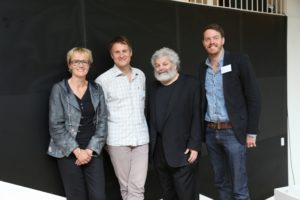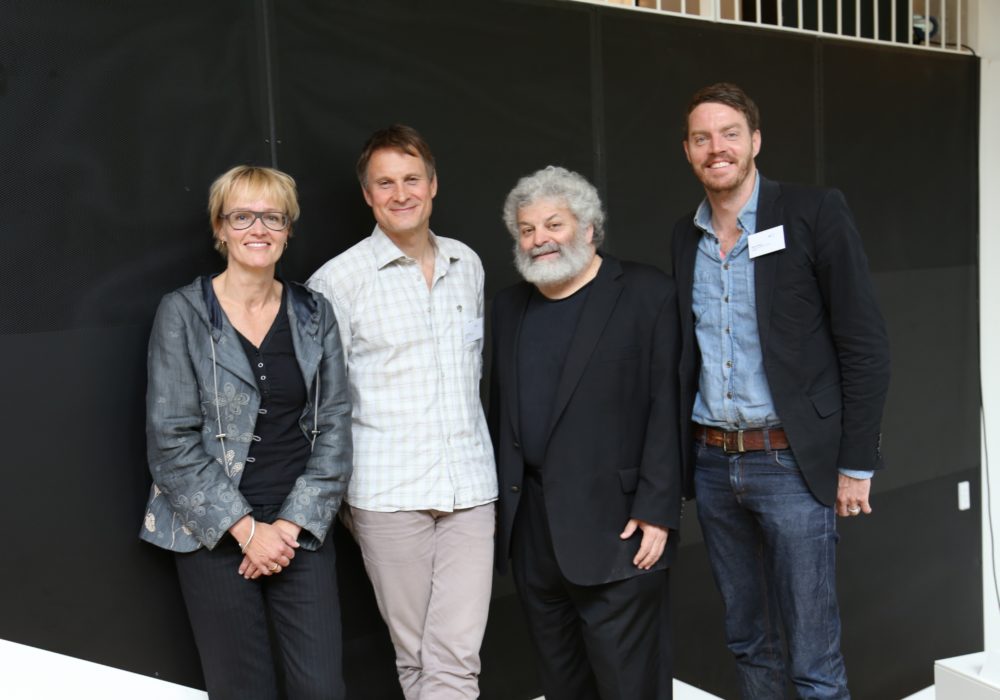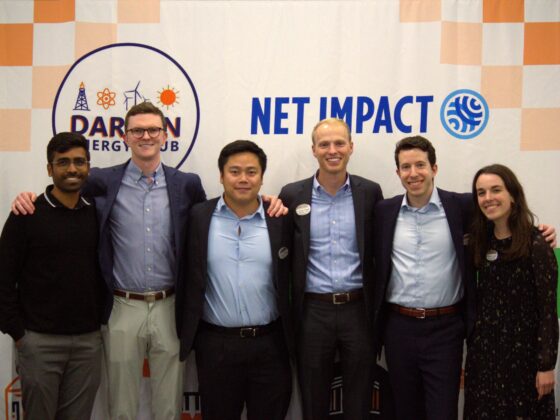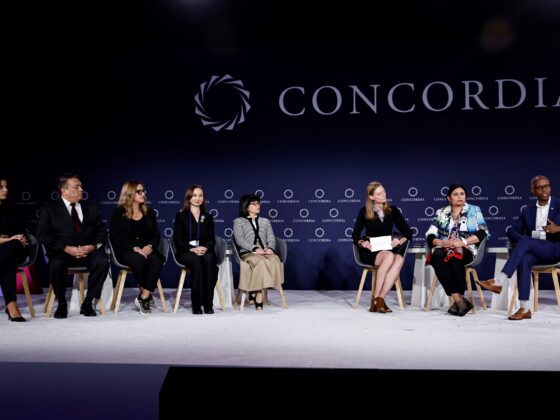The Scandinavian region has a strong history of sustainability. As a whole, its businesses have a shared vision of balancing environmental, societal, and economic performances, as well as ensuring that operations positively impact surrounding communities. Scandinavian companies are disproportionately well-represented in the major sustainability performance indicators including the Dow Jones Sustainability Index (DJSI).
Despite Scandinavia’s leadership in this space, difficulties remain and new problems continue to emerge so that best practices are always changing. To discuss performance, progress, and challenges in Scandinavia, the Sustainability in a Scandinavian Context Conference 2013, hosted at the Copenhagen Business School (CBS), took place June 10th-11th, 2013. This conference brought together scholars and practitioners to explore the issues, perspectives, and questions related to sustainability in a Scandinavian context – and to consider the potential implications for a broader global context.
IBiS Academic Director Ed Freeman gave the keynote address for the conference. He acknowledged that the views of Scandinavian thinkers shaped the way he came to understand business ethics. For instance, Swedish business professor Eric Rhenman believed that stakeholders are dependent on their companies for the realization of personal goals; but also, that companies are dependent on stakeholders for their existence. This interdependence principle influenced the formation of Freeman’s renowned stakeholder theory (first outlined in Strategic Management: A Stakeholder Approach, 1984, reprinted in 2010).

Freeman’s work on stakeholder theory has led to an outpouring of scholarship that questions the separation thesis and supports value creation without tradeoffs. Recently, Freeman collaborated with conference organizer Robert Strand, an assistant professor who directs CBS’s Nordic Centre for Sustainability, to produce “Scandinavian Cooperative Advantage: The Theory and Practice of Stakeholder Engagement in Scandinavia” (under review). This paper discusses cooperative advantage (Strand, 2009), a prevailing framework in Scandinavian business. Cooperative advantage holds that stakeholder conflict is best solved through coordinating the interests of multiple parties, which creates long-term social, economic, and environmental value. Cooperation allows companies to solve more problems than does reliance on an approach of competition, which assumes that winners trump losers in a zero-sum game (Porter, 1980).
Later in the day, Erika Herz, associate director of sustainability programs, discussed the Darden School’s strategy as part of a panel on implementing sustainable practices. She explained that Darden approaches sustainability in terms of “how we live and how we learn.” This motto emphasizes that students learn how to confront operational challenges through the School’s instructional approach. The best learning about sustainability occurs when Darden students, faculty, and staff are trying to solve real-world problems. Herz provided an example of this strategy in action. Students became interested in the paper-cup waste generated from First Coffee, a Darden tradition, which offers unlimited coffee and tea to faculty, students, and staff all day. For an elective course about sustainability and business, the students collaborated with their professor, Dick Brownlee, and the staff at IBiS to write a case about waste reduction options for First Coffee. Darden will beta test a First Coffee system that relies on reusable mugs in August 2013.
A greater number of Darden students are interested in using the core business skills they learn to develop careers in the mission-driven sector (i.e. environmental NGOs) or to work within a traditional company on its sustainability efforts (i.e. chief sustainability officers). The student body’s growing interest in this area has meant that Darden increasingly integrates research and cases about sustainability into its coursework. Darden also has various student-led clubs that feature sustainability as part of their agendas as well as career advisors who have expertise in this expanding job market.






